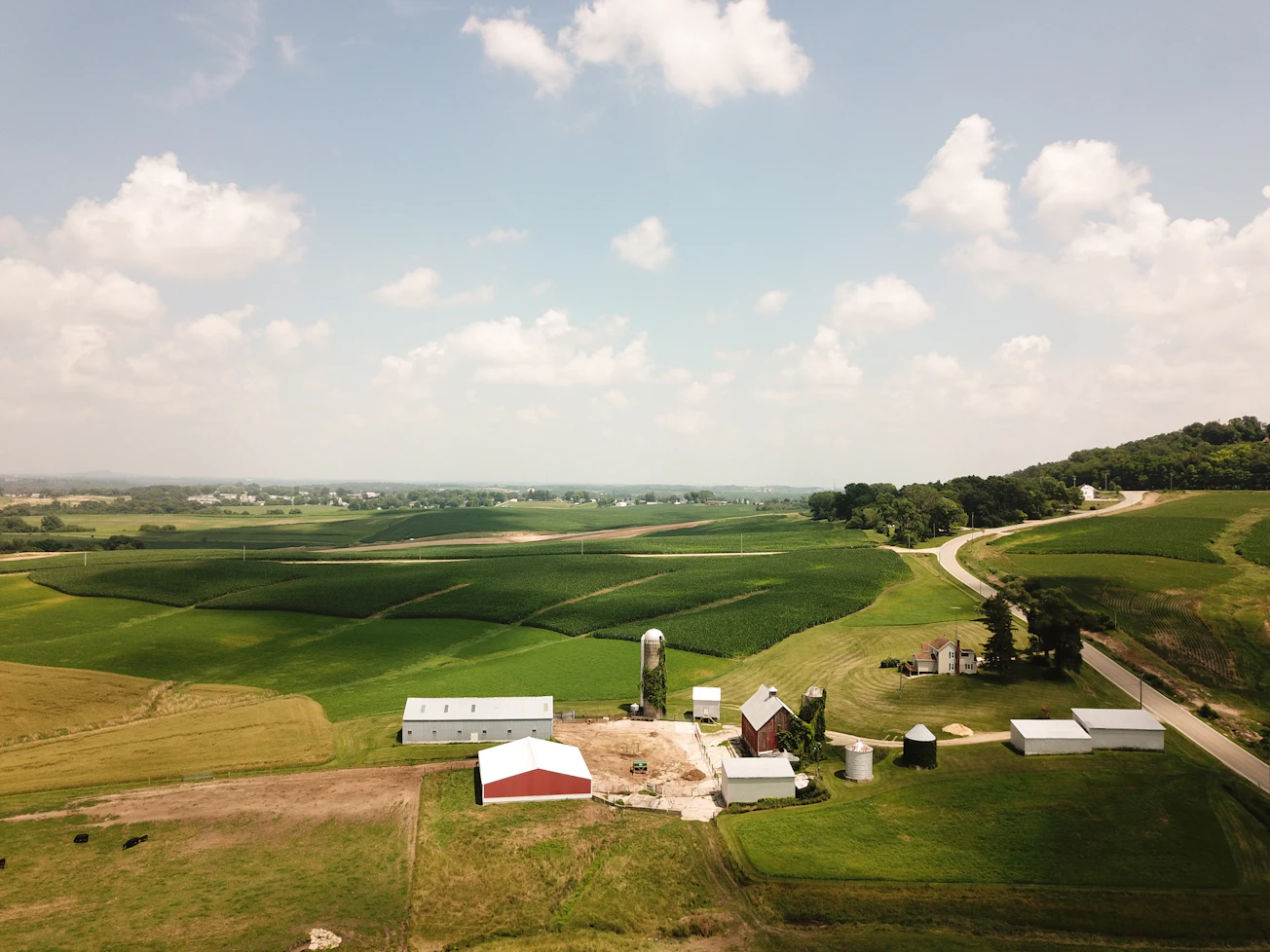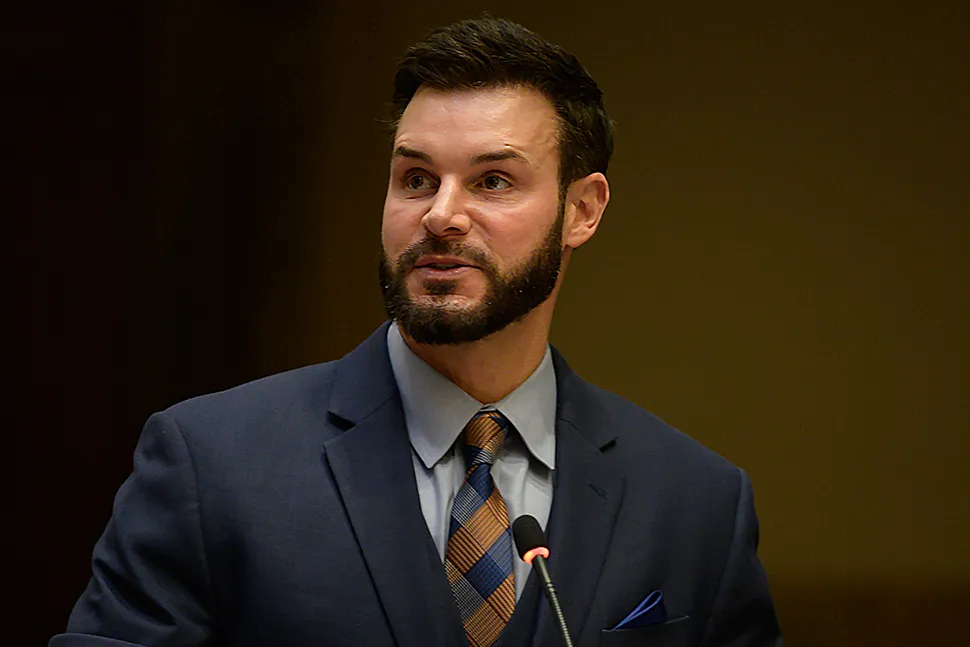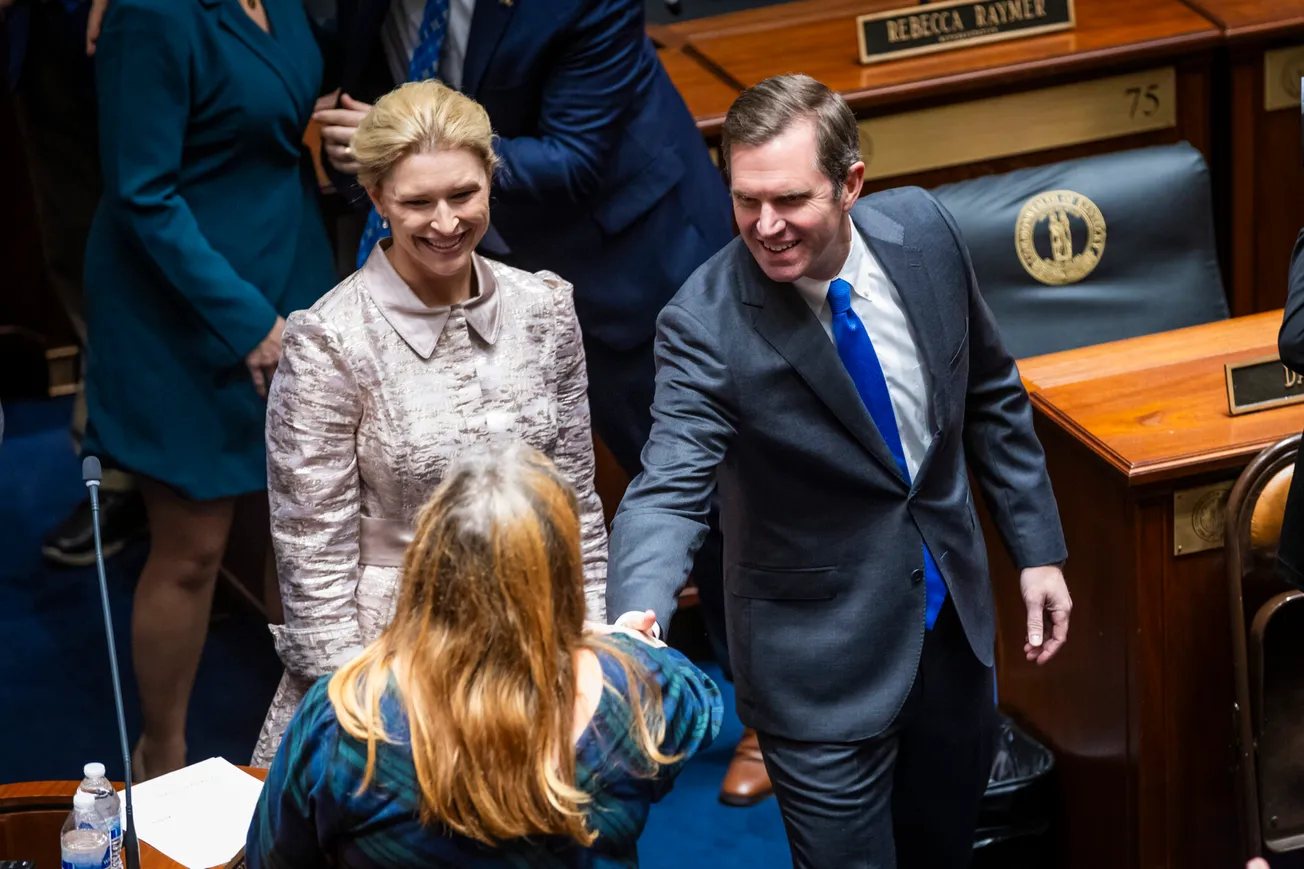Heavy Democratic losses in rural America “ought to prompt real soul-searching within the party,” wrote two “young progressives” from rural Maine in The New York Times.
“We say this with love to our fellow Democrats: Over the past decade, you willfully abandoned rural communities,” admonished State Sen. Chloe Maxmin and Canyon Woodward, her campaign manager in 2018 and 2020. “As the party turned its focus to the cities and suburbs, its outreach became out of touch and impersonal. To rural voters, the message was clear: You don’t matter.”
Maine is a purplish state. But some Democratic progressives in Red States, including crimson Kentucky, claim their state parties have largely abandoned rural voters. As “proof,” these Bluegrass State progressives point to a slew of races for the state legislature where the Democrats didn’t field candidates.
Rural Kentucky is mostly a Republican Red Sea from Jordan to Jenkins. Donald Trump carried every rural county both times he ran. Only urban Jefferson (Louisville) and Fayette (Lexington) stuck with Hillary Clinton in 2016 and Joe Biden in 2020.
The KDP denies it neglects rural Kentuckians. The party has a Rural Caucus whose chair gets a seat on the State Central Executive Committee.
But the state party doesn’t favor any part of the state over another, according to Kenny Fogle, KDP deputy political director. “We’re the same party in Louisville, Lexington, Frankfort, and rural Kentucky. Our party doesn’t tailor our message to where we are. Neither does Gov. Andy Beshear, who’s in the corner of all Kentuckians, rural and urban.”
KDP officials say they made dozens of phone calls and traveled many miles trying to recruit candidates, even in rural counties that are Republican strongholds. They got few takers. “You can’t make somebody run for office,” Fogle said.
Back when Forward Kentucky permitted anonymous comments on stories, a frequent detractor of mine — a conservative Protestant evangelical who is almost certainly white — said the Democrats won’t get anywhere in mostly white, right-wing, Bible Belt, non-urban Kentucky until it veers hard right, especially on social issues. He said the party had to come out against abortion and LGBTQ rights.
He quit commenting when the rules changed to allow only signed commentary. But I’d bet the farm he’d add to his “must do” list for the Democrats a switcheroo on the GOP’s SB 1, which makes teachers whitewash Black history.
I’m a left-of-progressive, union card-carrying Democrat who’s lived in rural western Kentucky all my 72 years. I’ve been a political junkie since my 20s. I’m fine with fellow Democrats debating the future of our party. Like Will Rogers famously said, “I am not a member of any organized political party. I am a Democrat.”
But this sentence in the Times piece especially stuck in my craw: “Some political scientists and many mainstream Democrats have taken as proof not that their own strategies must change but rather that rural Republicans are too ignorant to vote in their own interest.” I had to look again to make sure “Sean Hannity” and “Tucker Carlson” weren’t on the double byline. The sentence read as if it came straight out of Fox News.
What “political scientists” and what “mainstream Democrats?” The authors didn’t name names.
I’ve never heard a Democratic politician anywhere at any level say “rural Republicans are too ignorant to vote in their own interest.”
Okay, Republicans and disaffected progressives, I know you are going to ask: What about Barack Obama’s “cling to guns or religion” and Clinton’s “basket of deplorables?” Republicans who say the 44th president and the 45th presidential wannabe were “radical socialists” and progressives who dismiss them as insufficiently liberal don’t divulge the rest of what they said. Full disclosure doesn’t serve their purposes, as disparate as they may be.
Obama: “You go into some of these small towns in Pennsylvania, and like a lot of small towns in the Midwest, the jobs have been gone now for 25 years and nothing’s replaced them. And they fell through the Clinton administration, and the Bush administration, and each successive administration has said that somehow these communities are gonna regenerate and they have not. So it’s not surprising then that they get bitter, they cling to guns or religion or antipathy to people who aren’t like them or anti-immigrant sentiment or anti-trade sentiment as a way to explain their frustrations.” [Italics mine]
Clinton: “You know, to just be grossly generalistic, you could put half of Trump’s supporters into what I call the basket of deplorables. Right? [Laughter/applause]. The racist, sexist, homophobic, xenophobic, Islamophobic — you name it. And unfortunately there are people like that. And he has lifted them up. He has given voice to their websites that used to only have 11,000 people, now have 11 million. He tweets and retweets offensive, hateful, mean-spirited rhetoric. Now some of those folks, they are irredeemable, but thankfully they are not America.
“But the other basket, the other basket, and I know because I see friends from all over America here. I see friends from Florida and Georgia and South Carolina and Texas, as well as you know New York and California. But in that other basket of people who are people who feel that government has let them down, nobody cares about them, nobody worries about what happens to their lives and their futures, and they are just desperate for change. It doesn’t really even matter where it comes from. They don’t buy everything he says but he seems to hold out some hope that their lives will be different. They won’t wake up and see their jobs disappear, lose a kid to heroin, feel like they’re in a dead-end. Those are people we have to understand and empathize with as well.” [Italics mine]
On the other hand, the top dog Republican evidently gets a kick out of privately ridiculing rural, conservative, churchgoing white folks. (In public, he’s plain about what he thinks of persons of color.)
The MAGA white folks love Donald J. Trump anyway.
“My administration will never stop fighting for Americans of faith,” promised the twice divorced, obscenity-spewing adulterer who prefers golf to church on Sunday. He meant right-wing evangelicals, nearly all of whom are white, and many of whom live in rural communities.
Behind closed doors, a slew of Trump’s remarks “about religion are marked by cynicism and contempt, according to people who have worked for him,” McKay Coppins wrote in The Atlantic. “Former aides told me they’ve heard Trump ridicule conservative religious leaders, dismiss various faith groups with cartoonish stereotypes, and deride certain rites and doctrines held sacred by many of the Americans who constitute his base. ... From the outset of his brief political career, Trump has viewed right-wing evangelical leaders as a kind of special-interest group to be schmoozed, conned, or bought off, former aides told me.”
Nobody dotes on The Donald like white Southerners, especially rural ones. Remember when Atty. Gen. Jefferson Beauregard Sessions recused himself when the feds started poking into alleged Russian interference on Trump’s behalf in the 2016 presidential election?
Trump didn’t just slam Sessions. The millionaire from New York City mocked the AG’s Alabama accent.
Wrote The Hill’s Morgan Gstalter: “Veteran journalist Bob Woodward’s book ... detailed how Trump previously mocked Sessions’s Southern accent in the White House. ‘This guy is mentally retarded. He’s this dumb Southerner,’ Trump reportedly told then-White House staff secretary Rob Porter while using a Southern accent. ‘He couldn’t even be a one-person country lawyer down in Alabama.’”
Of course, Trump, the documented serial liar, swore he didn’t ridicule Sessions’ drawl. He called it “fake news.” The faithful believed it and sided with the big-city Yankee against one of their own.
But for sheer contempt for his base voters — many with rural addresses — you can’t top Trump’s 2016 campaign trail crack: “I could stand in the middle of 5th Avenue and shoot somebody and I wouldn’t lose voters.”
So who is it who really thinks rural Republicans are stupid? It’s not my party.
--30--








